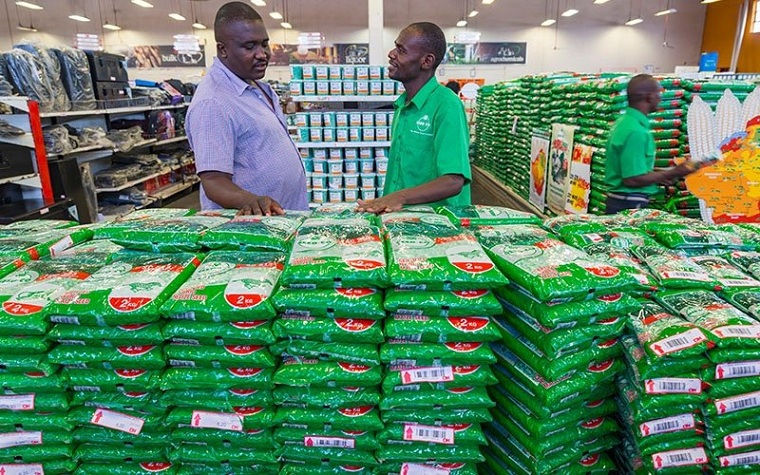Secondly, there is every chance that Seed Co, a strategic company, would end up in foreign hands. This is not a political conspiracy theory, but a reality of how markets work. There would be nothing stopping Limagrain from making an offer to other shareholders and owning the whole thing.
At the time Seed Co was at RBZ seeking permission to do this, Seed Co Zimbabwe was valued at US$100 million while its “child” Seed Co International was worth US$70 million. We all know the true worth of the Zimbabwe company can be about 10 times this much, minus Zimbabwe’s currency chaos.
Thirdly, one has to remember how Seed Co has grown, especially over the past two to three decades when we were isolated from the world.
This is a company that has built up a vast pool of germ plasm, or the tissue that seed scientists use to grow plants. It is much like the special technology that, say, Apple would develop in their labs to make advanced phones. It is stuff that comes out of research and development.
In Zimbabwe, we cannot underestimate the role that national institutions, such as the Seed Services unit of the Department of Research and Specialist Services have played in the development of seed over the past years.
Just as Apple will hold on to their proprietary technology jealously, no government will want to give away genetic materials they helped invest in to a company that will, potentially, take all of it abroad.
As Imara put it: “When you consider that the intellectual property of the Group (the germ plasm for the hybrid seeds) is controlled by Seed Co Zimbabwe this becomes even more important as Seed Co International is more of a distribution company for the seed developed by Seed Co. Zim within Africa.”
Failure by Seed Co International to acquire Seed Co Zim, Imara said before the decision, “while not great for Limagrain, would be good news for Zimbabwe…”
Seed Co has a commanding and strategic share of Zimbabwe’s seed market. This year alone, the company aims to sell 22 000 tonnes of seed. This seed goes to roughly two million farmers. This is all in a country where agriculture accounts for 60% of inputs to industry, and is expected to lead what we’re told will be an economic recovery this year.
In Seed Co, Zimbabwe has a national asset that it has heavily invested in. No national regulators, anywhere in the world, should give such assets away easily. For once, central bank has shown good sense. By standing with Seed Co Zimbabwe’s dissenting shareholders, RBZ made the right call. Some things are better kept at home.- NewZWire
(252 VIEWS)


